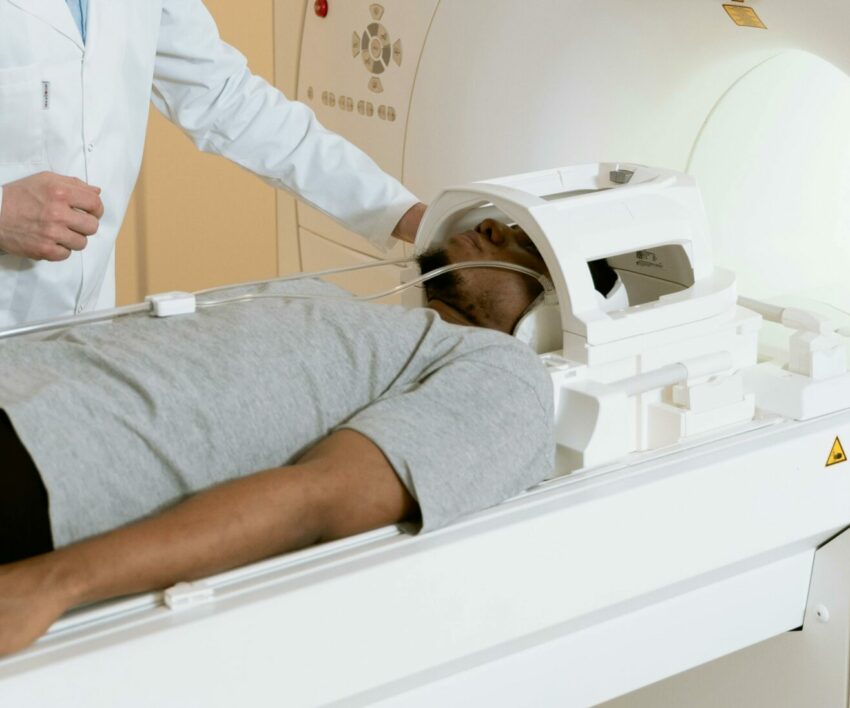
We often know how to protect ourselves from things that will negatively affect our brain because that is one organ that is basically in control of our bodies. For other organs to know what to do and how to function, they are often dependent on communication from the brain.
This is why it is crucial to be cautious of our brain health to prevent anything that can interfere with its functioning. Diseases that are likely to affect brains include a condition called brain abscess which is “A pus-filled swelling in the brain. It usually occurs when bacteria or fungi enter the brain tissue after an infection or severe head injury,” according to the National Health Service (NHS).
Healthline explains that the infections which account for 20-50% of brain abscess cases, can occur from various parts of the body, including heart and lung infections, ear or sinus infections, or abscessed teeth.
Symptoms
According to NHS, these are the signs that indicate someone has developed brain abscess:
- Severe headache, often unrelievable and located in a single head section.
- Changes in mental state like confusion or irritability.
- Nerve function issues like muscle weakness, slurred speech, or paralysis.
- High temperature, seizures, feeling sick, stiff neck.
- Vision changes such as blurring, greying, or double vision due to abscess pressure.
Causes
As it has been mentioned before, Mount Sinai states that brain abscesses are caused by bacteria or fungi infecting the brain, causing inflammation and swelling. It is mentioned that the germs can enter the brain through blood or during surgery.
“The source of the infection is often not found. However, the most commonly identified source is a lung infection. Less often, a heart infection is the cause. The following raise your chance of developing a brain abscess, a weakened immune system (such as in people with HIV/AIDS), chronic disease, such as cancer, drugs that suppress the immune system (corticosteroids or chemotherapy), congenital heart disease.”
Treatment
Medical News Today states that doctors typically prescribe wide-spectrum antibiotics for brain abscesses, as this condition can be life-threatening. It is further stated that treatment depends on the size, number of abscesses, cause, and health state.
“If the abscess is smaller than 1 inch across, the person will probably only receive intravenous antibiotic, antifungal, or antiviral medication. However, a doctor may need to drain a smaller abscess to determine which antibiotics will be best.”
Additionally, it is mentioned that if the abscesses are larger, aspiration, drainage, or cutting may be necessary and that the person will also need treatment for any primary infection, such as a lung, abdomen, or nose infection.
Also see Ways to take care of your brain




